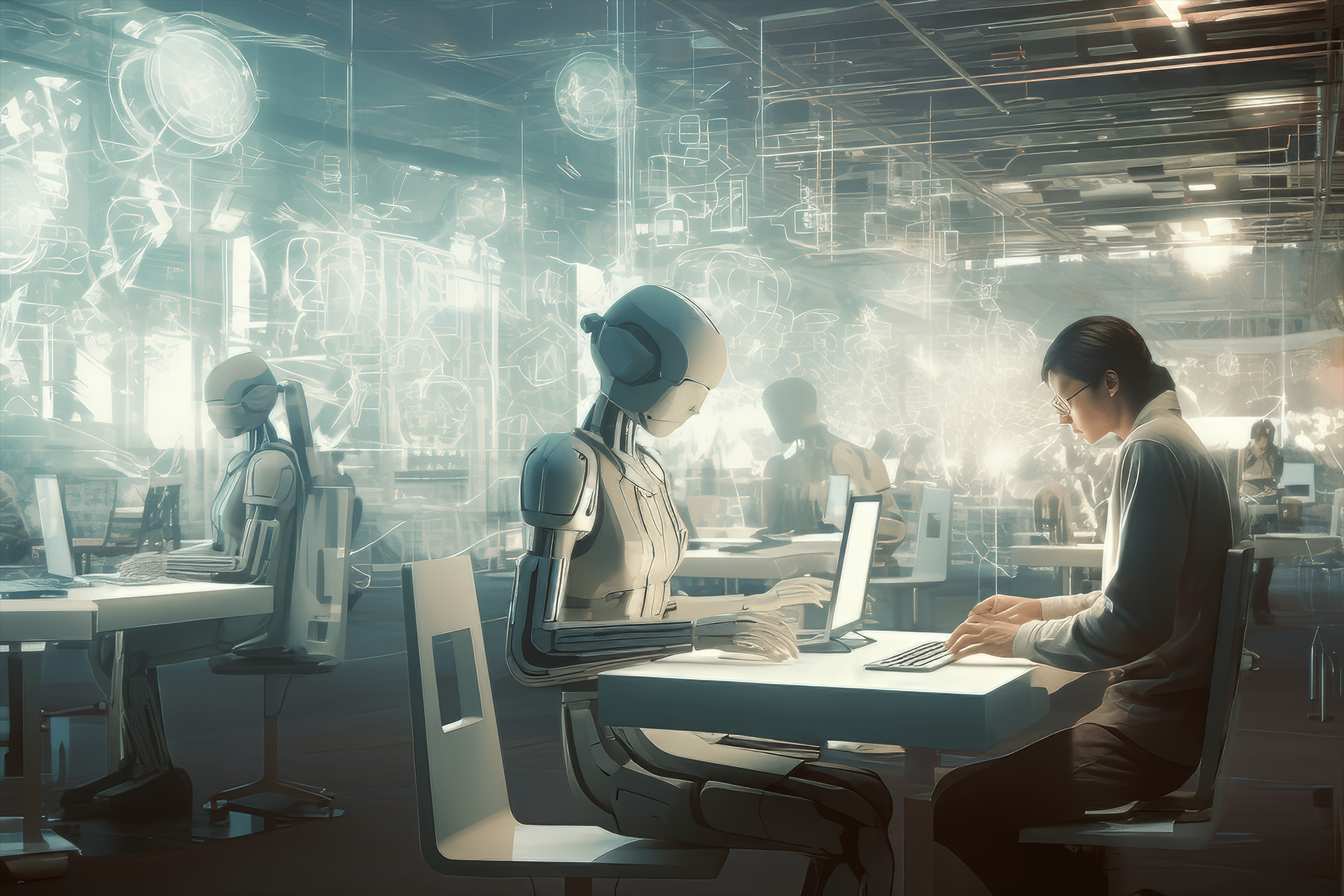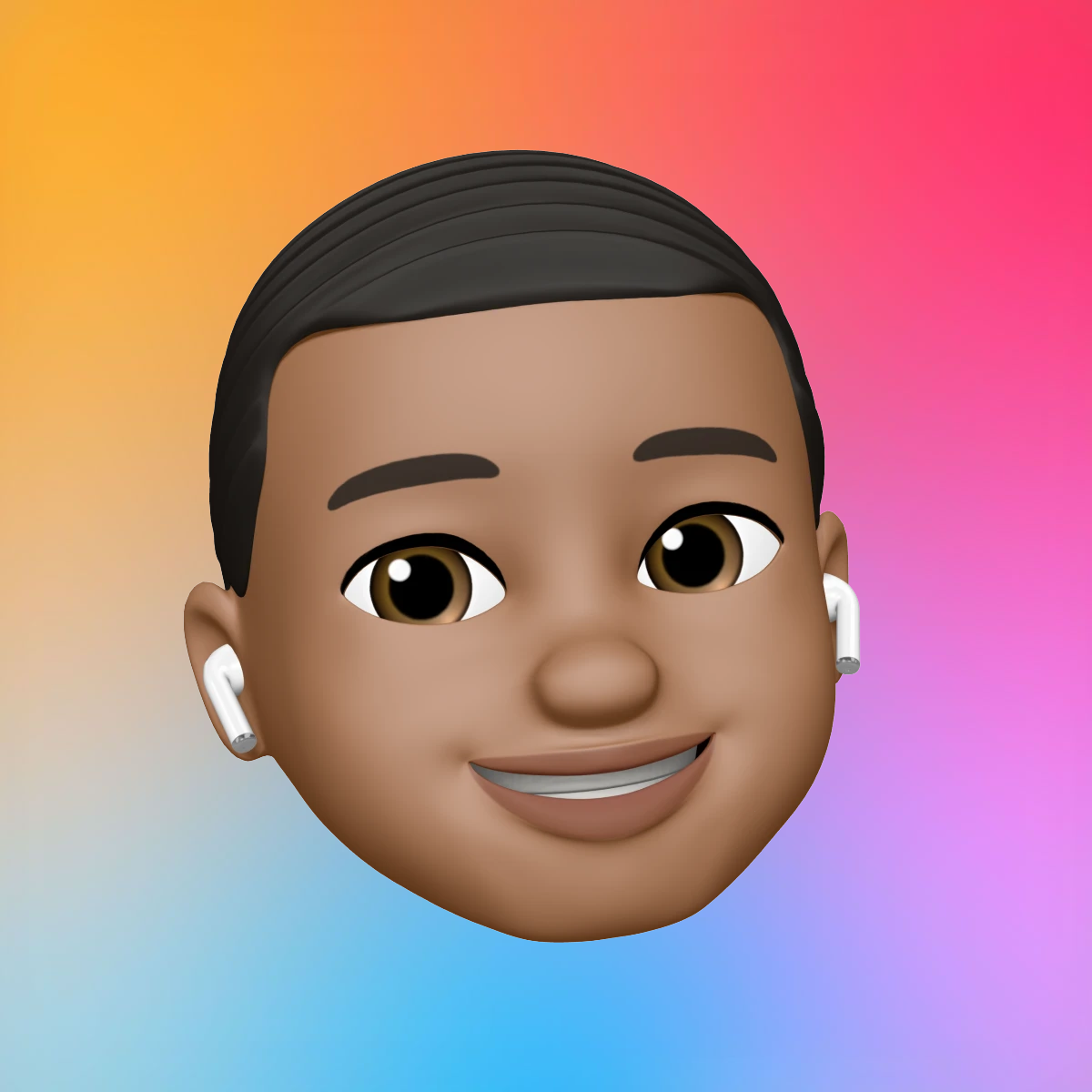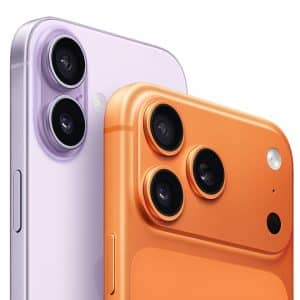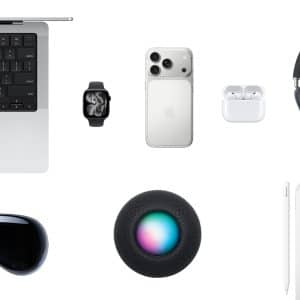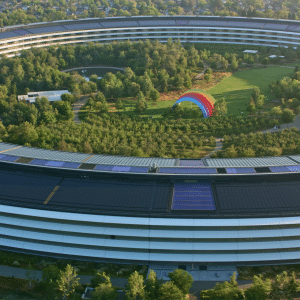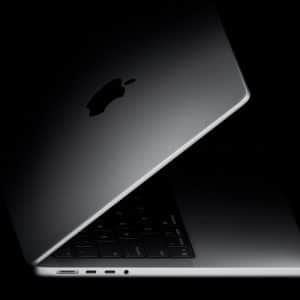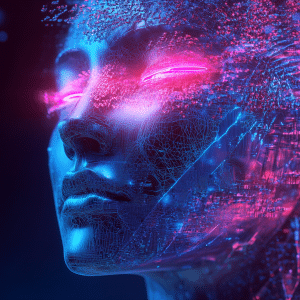OpenAI Claims ChatGPT Rivals Human Experts in 44 Professions
ChatGPT rivals human experts across 44 different professions, according to OpenAI. The company’s latest announcement argues that the model has reached parity with or surpassed skilled professionals in areas ranging from law and accounting to computer programming and creative writing. While impressive, the claim has already drawn scrutiny from researchers, policymakers, and industry observers who question how AI expertise should be measured.
The Claim From OpenAI
OpenAI’s research points to benchmarking tests and pilot studies where ChatGPT delivered results comparable to trained professionals. In legal reasoning tasks, for example, the chatbot scored at levels similar to law graduates. In accounting and finance simulations, its answers matched those of certified experts. In creative fields like marketing and copywriting, evaluators sometimes preferred ChatGPT’s output over human drafts.
The company says the findings show how quickly generative AI is advancing, with the latest model performing not only as a conversational partner but also as a capable worker in traditionally human-led domains.

Why It Matters
If ChatGPT can truly perform at human expert levels in dozens of professions, the implications are wide-ranging. Businesses could cut costs by automating complex tasks, while individuals might use AI to augment their own expertise. At the same time, there are questions about bias, accountability, and the social impact of replacing human judgment with machine-generated responses.
Critics also note that performance in controlled tests does not necessarily translate into reliability in real-world environments, where context, nuance, and responsibility play a critical role.
The Debate Over AI Expertise
Some academics and professionals argue that calling ChatGPT an “expert” risks overstating its capabilities. While the system can produce accurate answers, it does not have lived experience, intuition, or accountability — all of which matter in fields like medicine, law, and engineering.
Others point out that AI’s strength lies in scaling knowledge instantly, which may complement rather than replace human experts. For instance, ChatGPT could help doctors review medical literature more quickly, or assist lawyers in drafting documents, while final oversight remains human-led.
A Broader Pattern of AI Expansion
This announcement fits into a larger trend where AI is increasingly presented as competitive with human skills. From image generation rivaling professional artists to coding models producing deployable software, AI’s expansion continues to raise the question of what roles humans will play in the future workforce.
OpenAI’s claim will likely fuel more regulatory discussions as governments attempt to set standards for AI use in professional settings. Ethical and safety concerns, including data privacy and liability, remain at the forefront.
